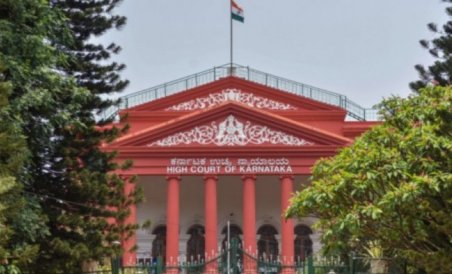Home Articles Karnataka HC notice to state, others on Comed-K’s fee refund policy
Highlights
-
The Karnataka High Court on Monday issued notice to the state government, UGC, COMED-K and others, after hearing a PIL filed against alleged arbitrariness in ‘Refund and Penalties’ Clause of COMED-K’s Counselling Process Document notified on July 26, 2022.
-
A division bench of Acting Chief Justice Alok Aradhe and Justice S Vishwajith Shetty issued notice after hearing the plea filed by advocate NP Amrutesh, who challenged the condition, apart from seeking directions to COMED-K to implement Refund Policy as stated in its prospectus.
-
“If a candidate whose name is in the final list, fails to join/report and continue studying in the allotted college, he/she will forfeit the entire tuition fee, including other fees paid at the COMED-K level, since the candidate has deprived an opportunity of getting allotted a seat to the next best/merited candidate, thereby blocking a seat, and the candidate is also liable to pay a penalty of five times of the fee,” the petitioner said, quoting the document.
-
The notice was also issued to Principal Secretary, Higher Education Department, Karnataka Examination Authority, Admission Overseeing Committee for Engineering Colleges in Karnataka, Karnataka Unaided Private Engineering Colleges Association, All India Council for Technical Education (AICTE) and COMED-K.
-
Alleging that COMED-K is not following guidelines issued by the UGC and AICTE, with regard to admission of students to undergraduate courses in various engineering colleges across the state, the petitioner stated that the managements/administrations are exploiting students and their parents by collecting hefty fees, apart from levying fines and penalising them under different heads.
-
The petitioner added that the COMED-K declares that there is no reservation for SC/ST/OBC students, which is directly against the special provisions for reservation in the matter of admission to professional courses in private institutions, and the same is guaranteed under Article 15 (4) of the Constitution. Hence, the court should intervene in this mater too, the petitioner prayed.














